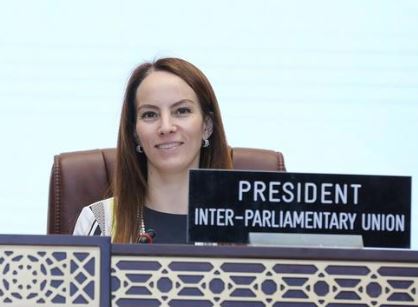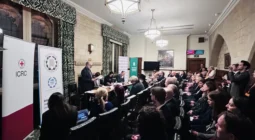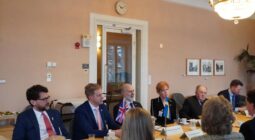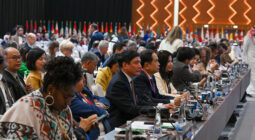
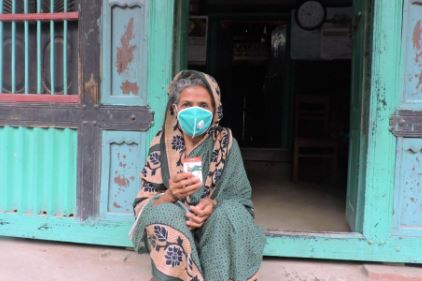
IPU/WHO/UNDRR host pandemic webinar for hundreds of MPs
Some 500 parliamentarians and parliamentary staff from over 80 countries participated in the first of a series of webinars co-organized by the IPU, the World Health Organization (WHO) and the United Nations Office for Disaster Risk Reduction (UNDRR) on . The webinar, Lessons from the COVID-19 pandemic: Parliamentary action to reduce risks, strengthen emergency preparedness […]


